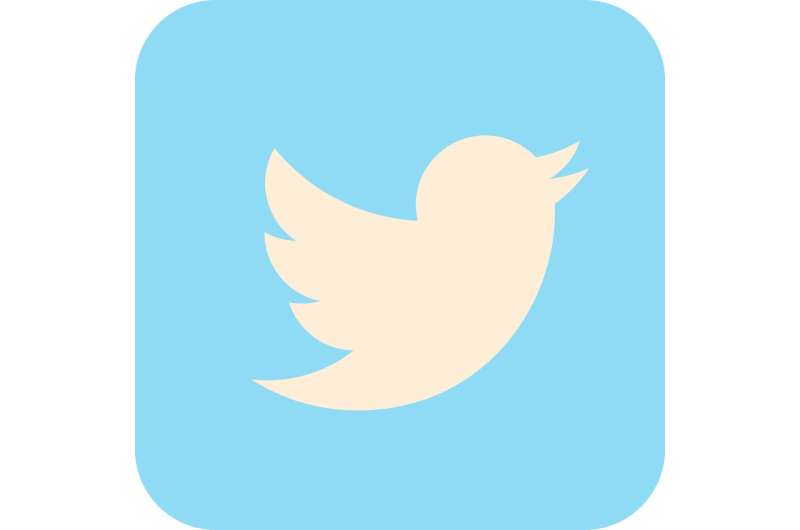Researchers scour Twitter to analyze public attitudes about COVID-19 vaccinations

A new study from the University of Illinois Chicago examines key themes and topics from almost three million COVID-19 vaccine-related tweets posted by individuals and explores the trends and variations in public opinions and sentiments about vaccines and vaccination programs.
Covering four months of the pandemic, Jan. 1 to April 30, 2021, the researchers used topic modeling to explore the themes and topics underlying the tweets, and used sentiment analysis to compute sentiment scores and examine weekly trends. Their findings can be found in the journal JMIR Infodemiology.
"Our study is uniquely positioned and differs from many other similar studies, as we capture and use the tweets made by the general public, excluding those made by news outlets and other organizations," said the study's lead author Ranganathan Chandrasekaran, professor of information and decision sciences in the College of Business Administration and professor of biomedical and health information sciences in the College of Applied Health Sciences. "We have identified changes in public attitudes towards vaccination, key concerns about vaccination, reasons behind vaccine hesitancy and poor uptake of vaccines by certain groups."
Some of the key findings include:
- The most-tweeted topic about COVID-19 vaccination was related to vaccination policy, specifically, whether vaccines needed to be mandated or optional (13.94%), followed by vaccine hesitancy (12.63%) and post-vaccination symptoms and effects (10.44%).
- The proportion of positive or overly positive tweets was always greater than that of negative or overly negative tweets in all of the weeks examined. Overall, 41.62% of the tweets had a positive sentiment, 31.16% had a negative sentiment and 27.22% had neutral sentiment scores.
- A large proportion of tweets about post-vaccination symptoms and side effects (40-45%) and those about conspiracy/hoax (35-45%) had negative or overly negative sentiments in all weeks of the examination. In contrast, greater proportions of tweets about vaccination disclosure (35-40%), vaccine efficacy (45-55%), clinical trials and approvals (30-40%), vaccine affordability (30-35%), vaccine regulation (30-35%), travel (35-45%), opinion leaders and endorsement (30-50%), and gratitude to health care workers (30-45%) carried positive or overly positive sentiments throughout the 16-week period of research.
The researchers' qualitative analysis provided some preliminary insights into the reasons behind vaccine hesitancy, such as the shorter duration of the vaccine development cycle, concerns about the effectiveness of the vaccine in controlling the virus and its variants, and general mistrust of the pharmaceutical and medical industries and governments.
This type of research based on social media data can provide rich insights for policymakers and health officials to frame appropriate policies and programs for COVID-19 vaccination and accelerate vaccine uptake by the general public, according to the researchers.
Co-authors of the study are Rashi Desai, Harsh Shah and Vivek Kumar of UIC, and Evangelos Moustakas of Middlesex University.
More information: Ranganathan Chandrasekaran et al, Examining Public Sentiments and Attitudes Toward COVID-19 Vaccination: Infoveillance Study Using Twitter Posts, JMIR Infodemiology (2022). DOI: 10.2196/33909





















